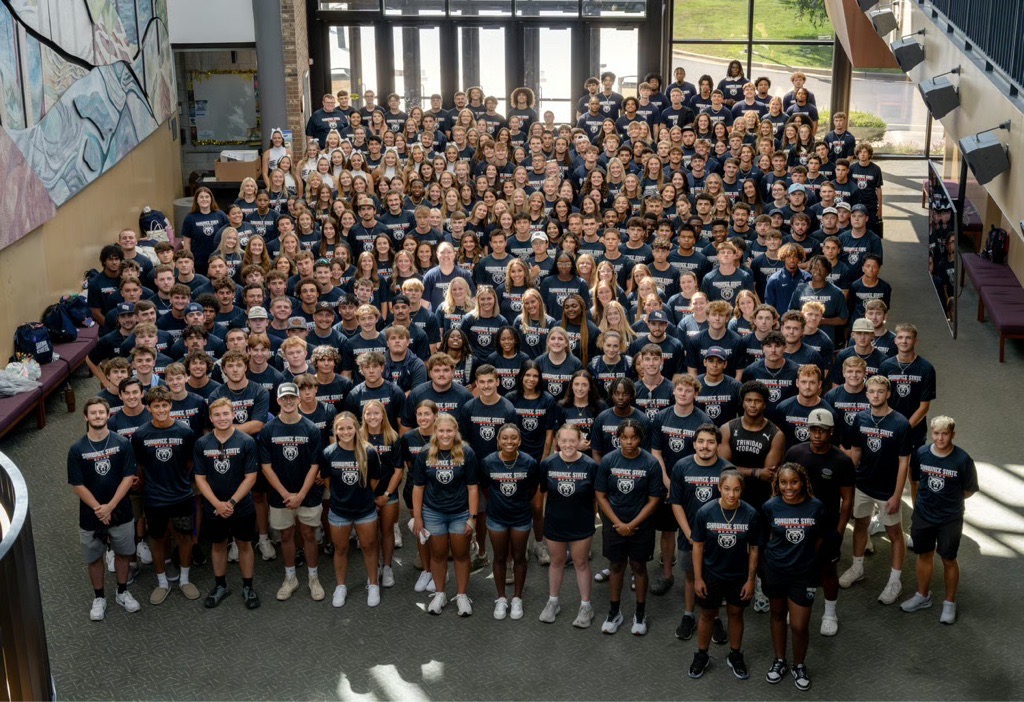In October 2018, TikTok became the most downloaded app in the U.S., with more than 26.5 million active subscribers. In January of this year, TikTok CEO Shou Chew stated that “well over 170 million Americans” are now using the social media platform. That increase in active users located in the U.S. comes to a total of nearly 150 million in six years. The current trend leads us to expect that its user base will only continue to grow.
However, the “TikTok Ban” currently making waves in the U.S. court system has many people wondering about the popular application’s future.
Lawmakers from both sides of the political spectrum supported a ban of TikTok unless its parent company, ByteDance, sold to a non-Chinese company. Their basis for this requirement is that it poses a security risk, citing the possibility that the Chinese government could obtain information on the company’s 170 million American TikTok users.
Although owned and operated by a Chinese parent company, TikTok is not available in China. Due to recent concerns citing security risks, the app has been banned in Hong Kong, as well. Instead, its citizens are provided an alternative app called Douyin, which is the original platform that spawned the creation of TikTok in the first place.
Douyin shares all the same stylizations and characteristics of TikTok, except that it is heavily censored. According to Sinorbis, an international software and marketing agency, Douyin’s algorithm is designed to encourage educational content and skill-improvement, whereas TikTok’s primary focus is generally to serve as entertainment.
President Joe Biden signed a bill in April of this year that required ByteDance to sell TikTok to a non-Chinese company within nine months. The official deadline to sell is Jan. 19, 2025, but ByteDance has also been given a three-month grace period to initiate the process of handing the business over to another party.
ByteDance maintains that it is not influenced by outside forces, including China, and it intends to fight the legislation. Considering the time it takes to process litigation in the American court system, we could potentially be looking at years of pushback from TikTok and its parent company.
Shawnee State University offers a social media management class dedicated to managing College of Arts and Sciences social media accounts, including TikTok. I had the chance to participate in a few skits soon to be shared on SSU’s social media sites, and the students had valuable insight, as well as some strong opinions, about TikTok’s recent controversy.
The group directing and managing the skits included Brendan Major, Jack Monroe, Kate Pitts and Ian Hillman, and they all seemed to unanimously agree that the TikTok ban is “a bad idea.”
The multimedia-managing students expressed concern that it would only alienate its users, including the younger generation who use it to connect to one another far and wide.
They described TikTok’s possibilities as endless, especially for its content creators, and eagerly shared that one of its most promising features is its wide range and availability of various media formats that offer its users “more freedom and support.”
TikTok’s most frequently shared content is typically short-form videos, like Instagram’s reels, but it certainly isn’t limited to that. TikTok allows you to record videos in-app up to 10 minutes long, and you can upload content up to 60 minutes in length as long as it was created outside of the app itself.
Therefore, one very well could come to the same conclusion as Hillman, who said, “(TikTok) doesn’t pigeon-hole you into any one form (of media).”
Pitts shared her own sentiment that TikTok can be “a boring platform,” but having other students to engage with in class makes it much more entertaining. She said she now uses the app much more than she did before because of the class offered by SSU.
Although TikTok’s future is still up in the air, SSU’s social media management students continue to thrive in the space it provides.
Follow SSU on TikTok @ShawneeStateUniversity and stay tuned for some truly entertaining academic antics from promising students.









